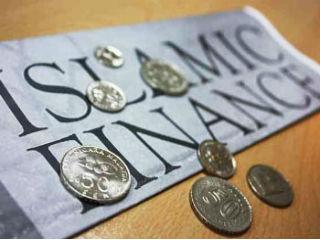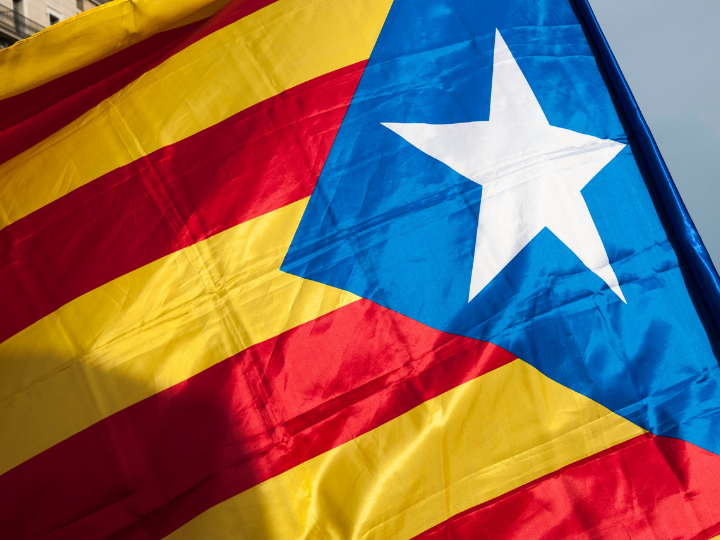by
John McKenna*
The $9 billion Islamic bond, or Sukuk, was wildly oversubscribed, attracting more than $33 billion in orders.
But just what is Islamic finance, what is a Sukuk and why are they proving so attractive to investors outside the Islamic world?
What is it?
The most obvious difference when compared with Western banks is that Islamic finance is forbidden to charge interest.Under Sharia law, money is only a way of defining the value of something and has no value in itself. Therefore, money isn’t allowed to generate more money by being put into a bank account or lent to someone else.
Instead, banks make their money by sharing the risk of their investments with investors, operating on a profit-loss basis.
So rather than making money by offering loans or mortgages and charging an interest rate on them, a sharia-compliant bank would use its depositors’ money to acquire assets, and then share any profits made on those assets with the depositors.
Because the bank is sharing the risk of investments with its depositors, high degrees of uncertainty – known as ghara – are not allowed. All possible risks must be identified to investors, and all relevant information disclosed.
Another condition of Islamic finance is that these investments must be made in things that exist in the real world, such as properties or businesses – although the businesses must not be associated with gambling, alcohol or tobacco.
These investments must be made on an ownership basis, to avoid the risk of future unavailability.
What is a Sukuk?
A Sukuk is a sharia-compliant bond. Whereas Western bonds offer to pay bondholders a rate of interest over a set period of time, Sukuks offer a fixed rate of profit.
Saudi Arabia’s record-breaking Sukuk was split into two tranches: a five-year bond paying investors 2.89%, and a 10-year bond paying a profit rate of 3.63%.
Sukuks come in a variety of forms, with Al-Ijara being one of the most common structures.
The Al-ljara structure is essentially Islamic finance’s version of a lease. Under an Al-ljara Sukuk, ownership of the asset is transferred to the bondholder and the asset is leased back to the issuer, with the bondholder charging a “rent” for use of the asset during the time period of the bond. At the end of the time-period, when the bond reaches maturity, ownership of the asset transfers back to the issuer.
It was the Al-ljara structure of Sukuk that the UK government chose to use when it became the first government of a country outside of the Islamic world to issue a Sharia-compliant sovereign bond in 2014.
The £200 million Sukuk was underpinned by three UK government properties.
During the five-year period of the bond, bondholders effectively take ownership of the properties and charge the UK government rent for using the properties. This rent translates into a 2.036% fixed rate of profit for bondholders.
When the bond matures in 2019, ownership of the properties will pass back to the UK government.
Why are they so popular?
Despite being sized at just £200 million, the UK government Sukuk in 2014 attracted orders totalling £2.3 billion.
In part this popularity forms part of a wider trend across the capital markets, where investors unsure of global growth have flocked to the relative stability of bond investments. Sovereign bonds are proving particularly popular, with a German bond auction in 2016 attracting so much demand that it paid a negative yield. Investors were willing to lose money, to pay for the privilege of German stability in an uncertain world.
The growth in Sukuks’ popularity can also be traced back to the global financial crisis in 2008.
Kamal Munir, associate professor of strategy and policy at Cambridge University’s Judge Business School, writes that Islamic finance’s emphasis on equity and investment in the real economy provides “a stable and productive banking sector”.
“Rather than providing a lucrative financial alternative to investing in the real economy, Islamic banking complements and strengthens the latter,” Munir says. “It ensures that financial capital does not lead to artificially bloated asset prices. Instead, it is made to work in the real economy, on real projects.”
With so much damage caused by highly complex and risky financial structures untethered to assets, it is hardly surprising that more and more investors are attracted to Islamic finance’s emphasis on real assets and greater certainty..
*Formative Content
**First published in www.weforum.org
*Formative Content
**First published in www.weforum.org




 By: N. Peter Kramer
By: N. Peter Kramer

